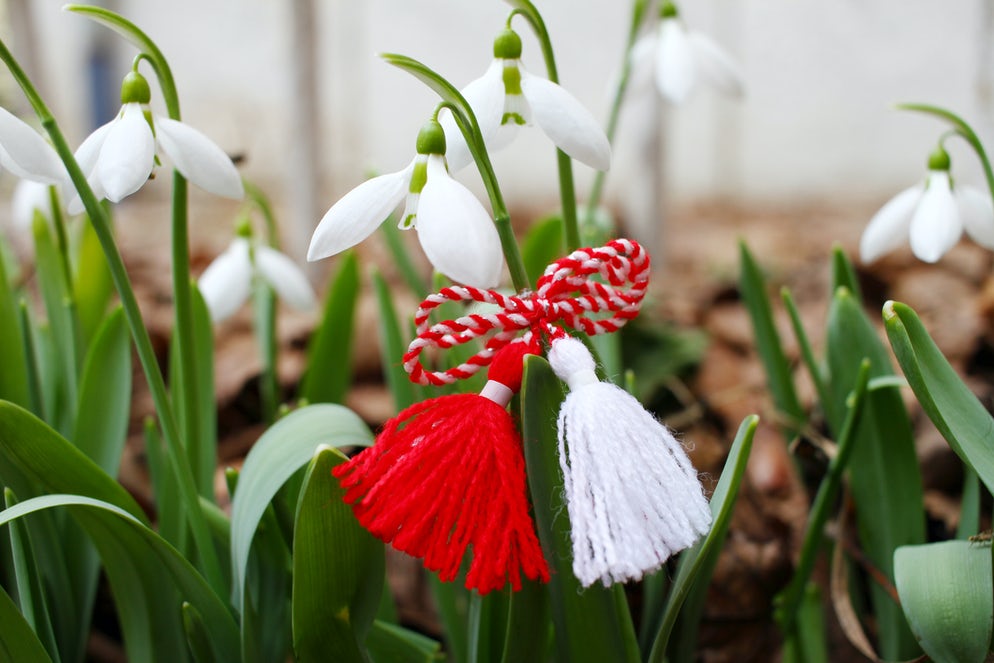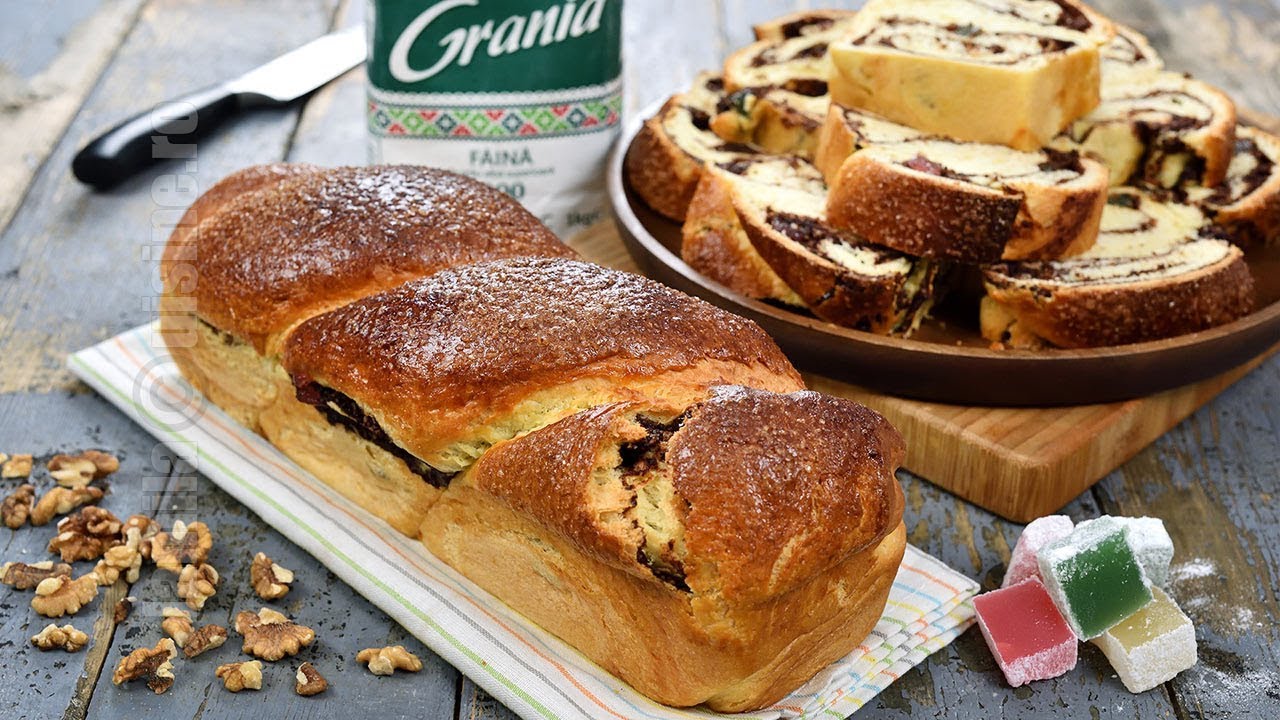Turkey is a beautiful country, where a visit to the country will be more than worthwhile. Like all other countries, Turkey is also known for many things. Perhaps good to know before you visit the oh so beautiful vacation country!
Asking for photos
Don't be surprised if in Turkey you are asked for a nice picture. In many places in Turkey there are mainly people of Turkish origin and therefore they find it quite special, as soon as someone with a different origin walks past them.
Unexpected visit
In Turkey, receiving unexpected visitors is very normal. In Turkey, the inhabitants are very hospitable and receiving visitors is something they hold in high esteem. You are not seen as a stranger, but as family. For that reason it is not common that they often indicate that they want to come along. Whether the visitors come super early in the morning or stay until late at night, this is all normal. Often they even offer to stay the night and this is not something strange to be surprised about.
Turkish tea
Something that can't be missed in Turkey is drinking Turkish tea. It is sometimes seen as rude if you refuse to drink Turkish tea (for example when visiting). Keep in mind that the locals often don't stick to one cup and will refill your cup despite your indication that you don't want any more. Putting your teaspoon on the cup is a sign that you really do not need to fill it up again, this is an often used tactic to indicate in a polite way that you do not want to drink any more.
Deceive customers
Currently, the economy in Turkey is not doing well and many locals see only a way to cheat people in order to provide a (good) income. As soon as they notice that you are from abroad, you need to be extra careful. Often the prices are not mentioned on the product and you have to ask how much it costs. If you come from abroad, you will be asked a much larger amount. Try to take someone with you who speaks the language and/or avoid these kinds of stores and only buy in stores where the prices are already listed.
Ice Cream Man
Want to get some ice cream from the ice cream man? Then be ready for a fight with the ice cream man, because you don't always get that ice cream just like that! The ice cream men in Turkey often play pranks, this is what they are known for. Once you want to take the ice cream, this does not always go as you had hoped. On YouTube you can find nice movies of how people, often children, are fooled by the ice cream man. 1 thing is certain: being an ice cream man in Turkey cannot be seen as a boring job!
Point system (school, study & profession)
In Turkey they do not have the luxury of being able to make many choices regarding their school, study and profession themselves, it is all based on a points system. You score an amount of points when you take an exam, based on the number of points scored, you are offered a number of options of educations that you may study. After choosing an education, you often end up in a draw first: it is not certain whether you can take that education. Even if you succeed in being admitted to the education, you are not there yet, because within the education there are also exams based on points that determine the direction you may/must take within the education. A small example is if you are training to be a 'police officer', you are not allowed to just stand everywhere like a cop. The more dangerous your position as a police officer is, the more points you need for this. In addition to the fact that you can't just choose an education and pursue a particular profession, you also don't have the option to choose a school or the location of your work. You give a number of preferences, to study and/or work in certain cities in Turkey and then they will look to see if there is a place there for you as a student and/or employee desired. Many students find the whole points system to be poorly work and unfortunately this is reflected in practice. Finding work is incredibly difficult, so much that even many students who have completed university are retracing a new university education in the hope that they will be able to find work that way. At a young age, children already live with a great deal of stress because there is nothing but uncertainty about studying and working in Turkey.
Family
Family is incredibly important, specifically when it comes to parents. People spend a lot of time with family and everyone has a lot of respect for each other. There are no flaws in caring for the parents and older people in the family, as they deserve good care from the family members and this cannot be handled loosely. They feel it is important that their honor is not affected and they contribute to this together.
Cats
Cats are very popular animals in Turkey, they are also seen as beautiful animals in Islam. You will often see residents giving cats something to eat, often you will see trays with food and water ready for the cats. You can also pet them, they often do nothing and love to be loved.
The bus
Want to catch the bus? Then keep in mind that sometimes the buses drive off with the doors open. Do not stand near the door and pay close attention to this as well.
The army
It is mandatory for men in Turkey to enter the army for a certain number of months. By doing this, you get a salary and the great title of "soldier" for this. Being a soldier, is seen as something honorable and important. Parents are therefore prouder than proud. Once their son enters the army, they proudly calling themselves 'the parent of a soldier'.
Going out in the evening
In Turkey, it is not the case that it is better to stay at home during the evening hours due to safety concerns. Due to the heat that is least tolerable during the day, many locals tend to congregate outside only after sunset. Until the beginning of the night you see that everywhere is full with many families sitting together. Moreover, there is also a different kind of fine ambiance in the evening hours, therefore do not feel withdrawn to try this out.
The weather
The weather in Turkey can be quite different. Winter is known for being colder than cold, there is so much rain and snow that there is often severe weather. There are small annual floods in various places and some people can't even leave their homes because of the height of the snow that has fallen on their doorstep, which can be meters high! The summers on the other hand are often very hot, with temperatures around 40/45 degrees. It is not recommended to walk outside in the afternoon, because the sun is at its strongest. The three most important things to pay attention to are sunscreen, avoiding the sun as much as possible and drinking enough water.
Throwing garbage on the street
Don't be surprised if you see people throwing trash on the street instead of in the trash can. Throwing trash on the street is seen as normal and certainly not as the end of the world. Sometimes, when asking for a trash can in the neighborhood, people will even indicate that you can just throw it on the ground somewhere.
Hospital
If you become unexpectedly ill while in Turkey, you can expect to receive a serum when you visit the hospital. In Turkey, a serum is often administered directly in the hospital as a first resort. This serum is intended to make you feel well again as soon as possible, preferably within an hour of being administered.
Production of food
Every province/city in Turkey is known for producing something to eat. For example, the city of Malatya is known for the best dried apricots. Around summer time, if you visit this city, you can find apricots everywhere, openly dried on the ground under the sun. This total work usually takes about three/four months of time, this is then sold in the market and/or to big suppliers for abroad. Many people do not have the opportunity to work and see this as their chance to make money, annually for several months they are busy all day with heavy physical work under the sun. This is also the money they have to live with for the year, but don't underestimate this: this often yields a lot of money!




































Add new contribution